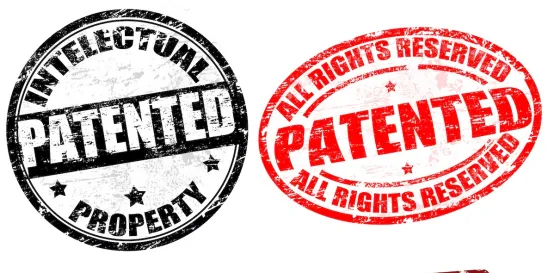The new Federal Law for Protection of the Industrial Property provides a “supplementary certificate” if, during the prosecution of a patent with the Mexican Institute of Industrial Property (IMPI), there are unreasonable delays for a period of more than five years between the filing date of the application in Mexico and the granting of the patent. The rule for compensation is one day of compensation for every two days of delay up to a maximum of 5 years of compensation. However, this compensation mechanism only is applicable to patents filed and prosecuted with IMPI after November 5, 2020.
In October 2020, the Mexican Supreme Court issued a relevant judgment related to patent term adjustment applicable to patents filed and prosecuted before November 5, 2020. This ruling concluded that the term of protection should be compensated if there is evidence of an unjustified delay during the patent prosecution, in accordance with Article 1709, section 12 of the North American Free Trade Agreement, which establishes that the term of patents cannot be less than 20 years counted from their filing date, or rather, 17 years from the granting date. In compliance with the principle of “greatest benefit,” in the constitutional venue where the case was studied, the Supreme Court considered as a remedy that the compensation should be 17 years from granting date. This precedent was not unanimous; it is not binding but highly persuasive.
At present, there is a controversy on the remedy of the 17 years from granting date as compensation and the rationale behind the terms to consider a delay during patent prosecution established in said decision.
The ambiguity of the decision has resulted in frivolous compensation petitions even when there are no delays during patent prosecution.
OLIVARES considers that patent compensation should be applicable to patents prosecuted and granted before or after the entry into force of the new IP Law, provided there is an unreasonable delay during patent prosecution. However, in both cases, the remedy of the compensation cannot be excessive since the new law already establishes the parameter for the patent prosecution delay and the rules to adjust or compensate the patent term, which may be applied by analogy to those patents prosecuted before November 5, 2020, and not the other way around, since the remedy and the lack of delay parameters established in the Supreme Court’s decision could exceed the current legal parameters in violation of the statutory law and would contradict the entire patent system and its current term adjustment.
We expect that said criteria and considerations will be defined shortly due to pending litigations with the Courts.







 />i
/>i

